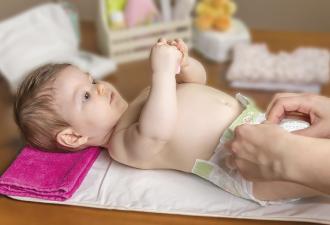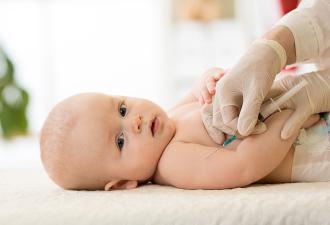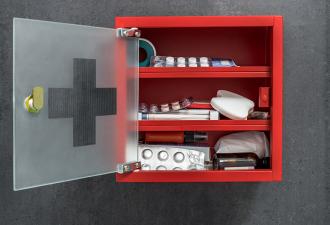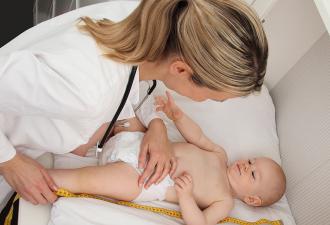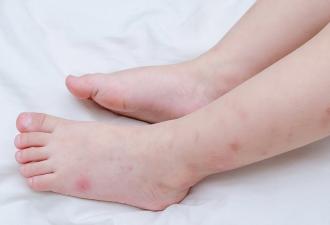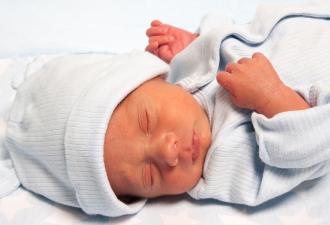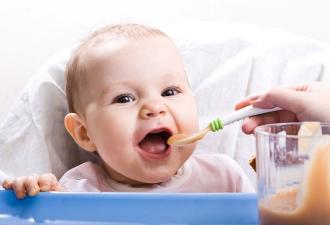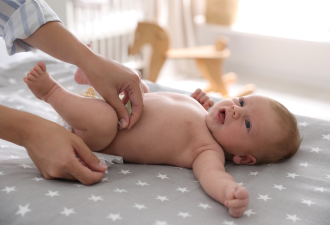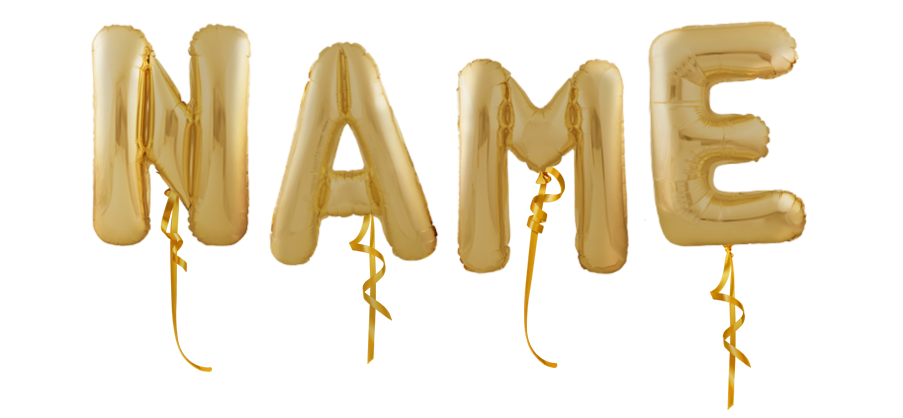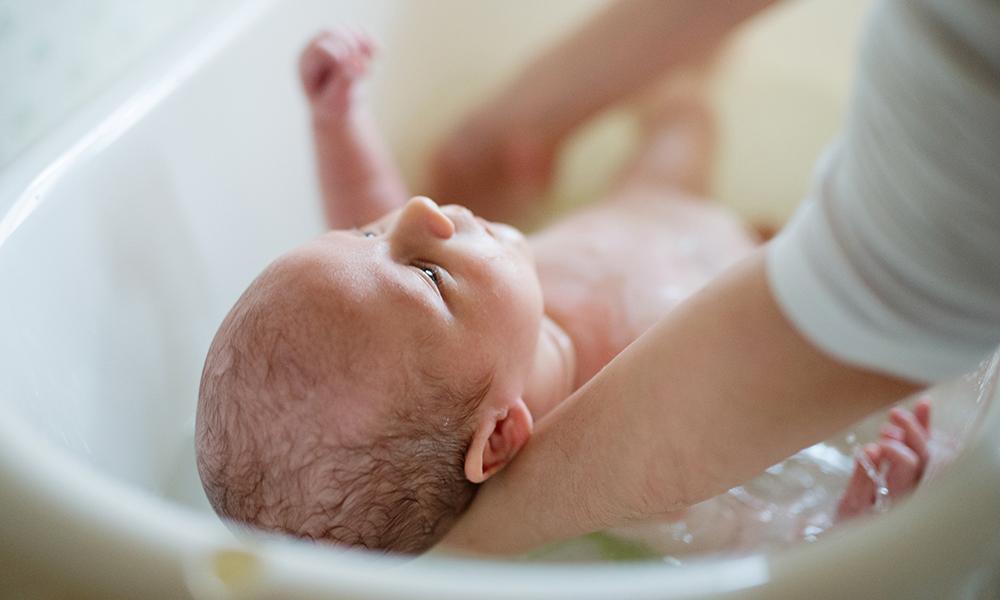
The First Days with a Newborn at Home
What are the usual concerns of parents during the first days?
- Breastfeeding/Feeding
- Dressing/Room Temperature
- Sleep
- Bathing/Diaper Changing
- Visits
- Paediatric Monitoring
Breastfeeding – Feeding
According to the guidelines of the American Academy of Paediatrics, exclusive breastfeeding is recommended until the age of 6 months and its continuation for at least 12 months.
The benefits of breastfeeding are numerous, including:
- Antibodies from the mother transfer to the baby, protecting him/her from infections.
- Milk enzymes make digestion and nutrient absorption easier.
- It is free of germs.
- Breastfed babies are less likely to develop allergies.
- Lactalbumin in breast milk may inhibit the development of cancer cells.
- Breastfed children are less likely to become overweight.
- It is cost-free.
- It is always at the right temperature.
- It significantly helps establish the mother-child bond.
Milk production follows the "supply and demand" principle— the more a mother breastfeeds, the more milk is produced. Frequent breastfeeding is recommended, especially in the first days. Feeding depends on the baby's needs and the baby determines the frequency of meals. There are no strict rules or schedules, especially in the early period.
Your paediatrician will monitor the baby's weight and ensure that feeding is adequate. Breastfeeding requires effort and patience!
Sleep
Newborns sleep approximately 16–18 hours a day. According to the American Academy of Paediatrics, babies should sleep in their parents' room until 6 months old, usually in a bassinet. However, sharing the same bed with parents is not recommended.
- Place the baby on their back on a firm surface, even for short naps.
- Avoid placing the baby on pillows, comforters or other soft surfaces.
- Keep soft objects, plush toys and loose bedding away from the baby's sleeping area, as they can pose safety risks.
- The safest crib is an "empty crib."
Dressing/Room Temperature
Prepare during pregnancy, especially in the second trimester when you feel better. Make sure to have enough cotton onesies, short-sleeved and long-sleeved (depending on the season), sheets, liners and towels.
A newborn should wear an "inner" (undershirt) and an "outer" onesie. If it’s winter, the onesie should have long sleeves, and you can add socks.
- Put a cotton hat on the baby's head after bathing, even for a short time (winter).
- Avoid overheating or excessive cold.
- A cold baby will have cold feet and hands ("marbled skin").
- An overheated baby will be sweaty (especially around the neck).
- The baby's room should be airy and sunny, with an ideal temperature of 21–22°C.
- Ventilate the room at least 1–2 times a day, even in winter.
Bathing/Diaper Changing
In the first days, until the umbilical cord falls off, wash the baby by holding them on your forearm (face down or up). Clean the umbilical area with sterile gauze and alcohol during each diaper change, ensuring the area remains as dry as possible.
Daily bathing is recommended, usually in the evening, as it helps relax the baby. The bathwater temperature should be around 37°C; always test the water with your hand before bathing the baby. Use a small amount of baby wash (1–2 times daily).
Dry the genital area and folds (along the sides of the legs) thoroughly to avoid moisture. Apply a small amount of diaper cream to prevent rash and secure the diaper snugly on the sides.
Visits
Visits should be limited.
Avoid frequent visitors, especially in the first two months. Your baby is much more vulnerable to infections and you are also adjusting.
The first days can be exhausting, particularly after a cesarean section or when finding your rhythm with breastfeeding, especially if this is your first baby.
Paediatric Monitoring
After leaving the hospital, your paediatrician will visit to examine the baby comprehensively. You will discuss feeding and all aspects of newborn care.
Regular paediatric check-ups are essential, scheduled at specific intervals based on the baby’s needs.
Note: Regular paediatric monitoring is recommended. This article provides general information, but you should always consult your paediatrician.
Written by paediatrician Katerina Katsibardi.
